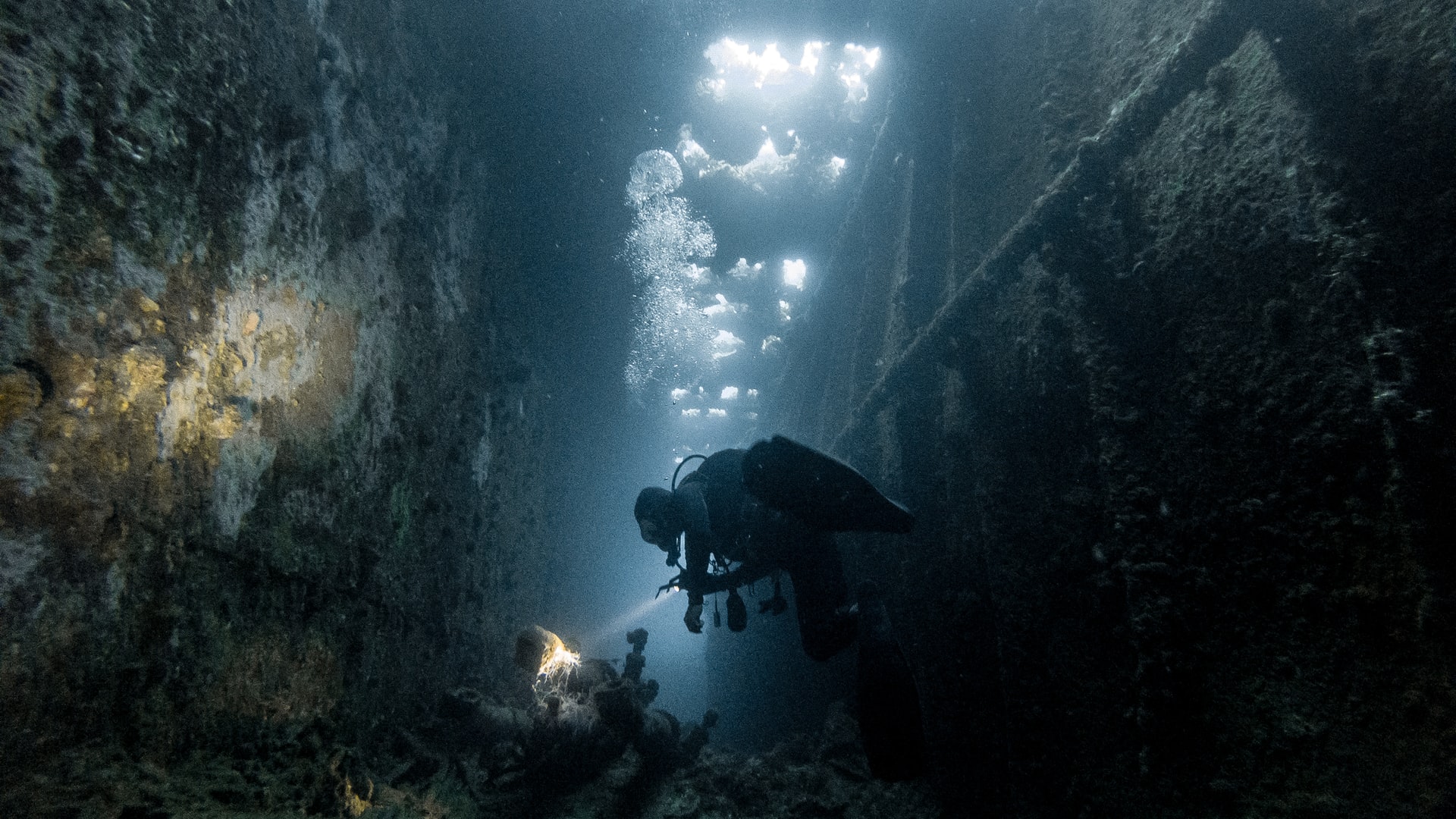How Commercial Divers Can Save Your Construction Project Time and Money
May 5, 2020

Commercial divers can offer underwater construction solutions to a wide array of projects. Detecting and repairing unseen faulty structures before they require major reconstruction can save companies vast amounts of time and money. From contaminated waters to confined spaces, the conditions they work in can range from risky to downright dangerous, where even the slightest misstep can have devastating consequences.
According to the Occupational Health & Safety Administration (OSHA), an average of 6 to 13 diving-related fatalities occur each year. Needless to say, marine workers require multi-faceted training in order to do their job safely and properly.
Training
Since the laws of physics and chemistry function differently underwater, this affects how work is done and commercial divers need to have a strong understanding of the principles of underwater construction.
Basic Underwater Inspection Requirements include:
- Surface Supplied Diving Certification
- Diving Medical Certificate
- Certification Scheme for Personnel (CSWIP) 3.1U underwater inspection
- Non-destructive Testing Certification (NDT)
The tools used are also different, which means divers must be trained to use special underwater equipment, such as underwater saws, torches, and welding rods. Divers often need to weld on underwater structures like pipelines, dams, bridges, power stations, and retaining walls.
Underwater Welding Requirements
Underwater welding requirements must also be altered because chemicals react differently and objects weigh less and move more slowly. There are actually two different types of underwater welding: hyperbaric welding and wet welding.
In hyperbaric or dry welding, the area that the diver wants to weld is insulated from water. Typically it takes place in a chamber that is lowered down to the weld site and the water is pumped out to expose the site. Wet welding is more challenging because the diver is surrounded by water and involves welding at elevated pressures.
Risks of Not Using Qualified Divers
Under the Canadian Occupational Health & Safety (OHS) laws, all workplace stakeholders must ensure health and safety at the workplace. Those who fail to meet the requirements of these laws may be held responsible and be liable to prosecution. This is not an area where construction contractors want to cut corners. Under no circumstances should anyone work underwater unless they’ve been trained and certified from a reputable school.
Safety
Safety is an extremely important consideration in an industry that can be both dangerous and physically demanding.
As of January 2020, the new CSA dive standards defaulted to having at minimum a four-person crew on all occupational diving operations.
The following safety precautions can help eliminate risks for commercial divers:
- Checking working condition of diving equipment.
- Planning the dive in terms of depth, work to be done, time, and then adhering to the plan
- Descending and ascending slowly
- Monitoring air supply throughout the dive
- Having a rescue plan in place
- Knowing the location of the nearest decompression chamber and how to get help
Underwater Engineering Services that Save Time and Money
Constant exposure to water, salt and minerals can quickly cause erosion damages to underwater structures if they aren’t regularly maintained, making underwater maintenance, repair, and inspection services a vitally time and cost effective components of marine construction. Often divers can do repairs while allowing plants to continue to operate. Finding pipeline leaks early means they can be plugged before there is significant damage. And underwater divers can also get access to pipes and valves that would otherwise require costly trenching and boring to be done.
Once commercial divers survey the condition of existing structures, they must be able to clearly communicate with topside to relay this information. It’s not uncommon for underwater welding to be required on the following:
- Underwater cracked, loose concrete
- Underwater eroded metal
- Offshore platforms
- Leaky pipelines
- Vessel hulls
Canada Pump and Power employs skilled, experienced, professional divers who are equipped with the latest underwater gear in order to perform critical underwater operations. Services include: deep diving, contaminated diving, confined spaces, remote vehicle operations, underwater inspections, and underwater construction. Detailed safe work procedures, communications technology and the most modern equipment are just some of the tools Canada Pump and Power utilizes to deliver its services.
